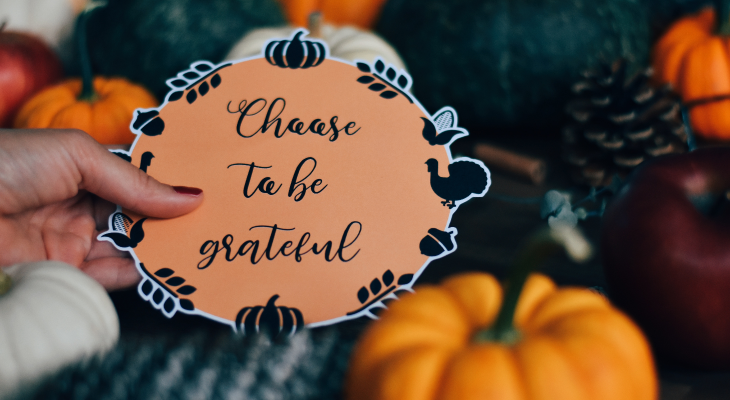Approaching Vulnerability with Gratitude This Thanksgiving
By Stacey Turner, Vice President of Operations
“Vulnerability is the birthplace of innovation, creativity, and change. Vulnerability is at the core, the heart of meaningful human experience.”
-Brene Brown
Connecting with others and experiencing joy are vulnerable acts by nature, because the more you value something, the scarier it is to recognize that something out of your control could take it away.
People who routinely practice gratitude for the joys in their lives and the people they love have a more genuine capacity for empathy. It is the act of being reflective about the things we appreciate in our personal, professional, and social lives that most frequently place us in a vulnerable state. As clinicians and leaders, each of you give a piece of your heart, effort, and focus to improving and caring for the lives of others.
Brown suggests that rather than letting fear take hold when we start to feel vulnerable, we should practice gratitude, and redirect our thoughts to how fortunate we are to even have those people and things in our lives that place us in a vulnerable state. A life of indifference and apathy is certainly not the aim of a successful or happy person, so embracing the vulnerability and our dependence on others and our passions is paramount to our health as humans.
In my own life I have had to take stock of the emotional armor and deterrence I employ to avoid the emotional exposure that comes with being vulnerable. For different people the armor looks different, but it all functions the same, keeping us from fully devoting ourselves to the people and things we love the most to avoid the pain and anxiety that can come with unfettered devotion. It should be our aim as clinicians and leaders to evaluate when our walls are up and to fight against the urge to not dive into the passion, purpose, or relationship that has us feeling emotionally exposed. So, the question then becomes, how do we maintain peace in the midst of our vulnerability, especially if we are making it our mission to dive headfirst into vulnerability?
The answer to this is intrinsic to what this time of year means to so many people: gratitude. We can use gratitude like a knife to cut through the ribbons of anxiousness, concern, and overthinking that often come with being in a vulnerable state. Instead of focusing on the feeling of vulnerability that has ensued, we can turn our attention to what makes us feel so vulnerable in the first place, the things we give our hearts to.
Of course, the suggestion of gratitude isn’t just one of altruistic thinking or jargon; it is proven and well researched science. Leading gratitude researcher Robert A. Emmons, Ph.D., at UC Davis and author of “Thanks! How Practicing Gratitude Can Make You Happier” has conducted several studies on the link between well-being and gratitude and has found it can eliminate those harmful emotions, increase happiness, and reduce depression. Gratitude has also been linked to improvements in sleep, and overall physical health. The dopamine that is released in our minds during moments of gratitude is one of our brain’s true superpowers, we are rewarded chemically for fixating on the positives in life and not just the negatives.
This Thanksgiving, I encourage each of us to challenge ourselves to audit our levels of gratitude for the things and people we spend the most time being vulnerable about. Are we dwelling on past transgressions? Are we focusing on events or problems that haven’t happened and may never happen? Most importantly, is our focus on the feeling of vulnerability clouding us from the gratitude that we could otherwise be feeling for the moments, people, and things we love most in life?
As the Thanksgiving holiday approaches, my hope is that we all may be more eager to run towards vulnerability, knowing that we are equipped with the ultimate weapon of gratitude.
Best to you and your loved ones this Thanksgiving. I am immensely grateful for each of your contributions to Infinity Rehab and those we serve.







